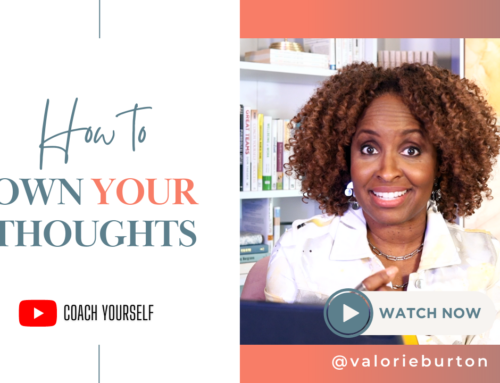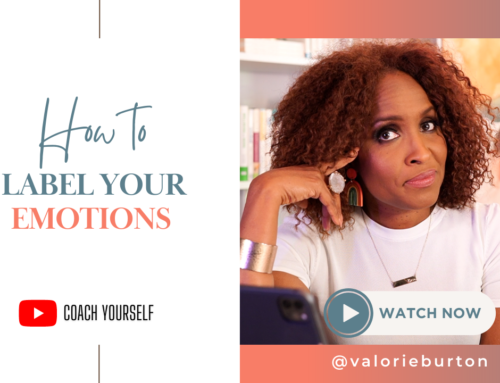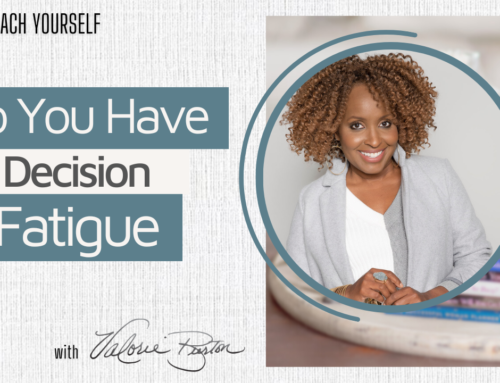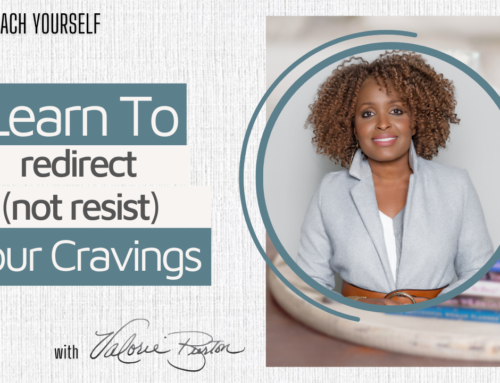<iframe width=”560″ height=”315″ src=”https://www.youtube.com/embed/b3CD16Udwls” title=”YouTube video player” frameborder=”0″ allow=”accelerometer; autoplay; clipboard-write; encrypted-media; gyroscope; picture-in-picture; web-share” allowfullscreen></iframe>
// buy traffic backlink at @mangsudres
Situs Toto
toto slot
toto slot
situs toto
slot gacor
8kuda4d
situs slot
ilmutoto
toto slot
4d slot
slot
situs toto
toto togel
toto slot
slot 4d
situs toto
8kuda4d
situs toto
ayamtoto
toto slot
https://www.sierradesanfrancisco.inah.gob.mx/btoto/
situs toto
toto 4d
dvtoto
pucuk4d
japan168
slot gacor
batakslot
sumseltoto
slot gacor
toto macau
sumseltoto
slot gacor
toto slot
https://www.codebeamcorunha.es/
batak5d
batak5d
batak5d
slot gacor
emas55
RP888g
ilmutoto
slot 4d
emas 55
deposit pulsa tanpa potongan
slot gacor
situs slot gacor
ayamtoto
jatimtoto
toto togel
slot
juara288 login
ilmutoto
slot 4d
RP888
https://www.babel-bridge.com/
scatter hitam
kiostoto
venom55
aceh4d
jpmania
licin4d
jago168
rubikslot
leon188
https://old.ccmcc.edu
slot gacor
taruhanbola
taruhanbola
https://www.scpeachfestival.org/
https://sipadeh.pariamankota.go.id/
https://stainumalang.ac.id/
https://klikjkt.or.id/
https://smkmadafjombang.sch.id/
gila4d
gila4d
slot gacor
mpomax
slot gacor 4d
naruto88
hoki99
sriwijayatoto
leon188 login
slot gacor
toto togel
sulebet
https://www.babel-bridge.com/
https://ojs.al-adab-journal.com/
bandar togel
toto macau
N78BET
https://www.customsclearance.net/
https://www.babel-bridge.com/
toto
slot gacor
link slot gacor
https://behindagreatproject.com/
https://ojs.al-adab-journal.com/
dentoto
situs togel
venom55
paten188
slot dana
toto slot
toto slot
aceh4d
licin4d
licin4d
licin4d
slot 4d
slot138
liga158
mayorqq
sulebet
emas 55
https://extrastaruk.com/
https://sdn4patas.sch.id/
slot deposit dana
Slot pulsa indosat
babeh188
naruto88
toto slot
situs toto
Result macau
toto slot
Slot Toto
slot depo 5k
mahjong ways 2
sumsel toto
https://www.babel-bridge.com/
https://www.babel-bridge.com/
hoki99 slot login
Live hk
babe 138
slot depo 10k
https://azure.virtualwaregroup.com/
rtp roma77
idnslot



